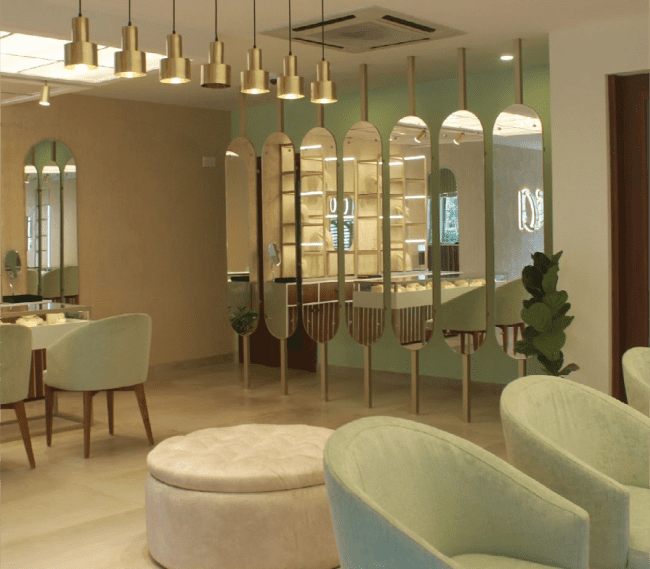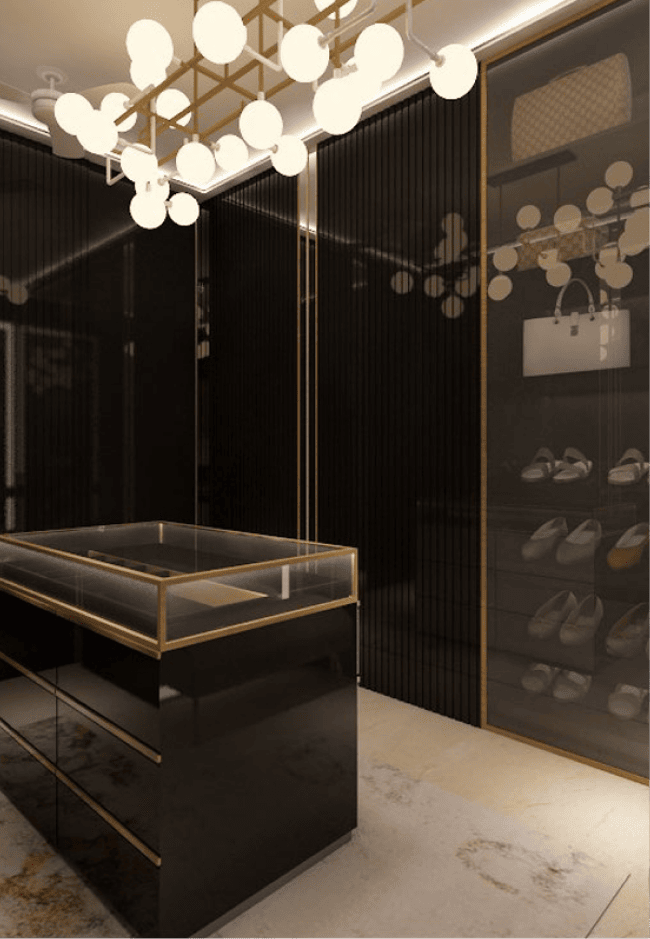"Teamwork makes the dream work."
the initial phase where the project’s vision is conceived. This stage involves understanding the client's goals, exploring preliminary ideas, and setting the foundation for the design process. During inception, architects gather key information about the project's purpose, potential challenges, and opportunities.

